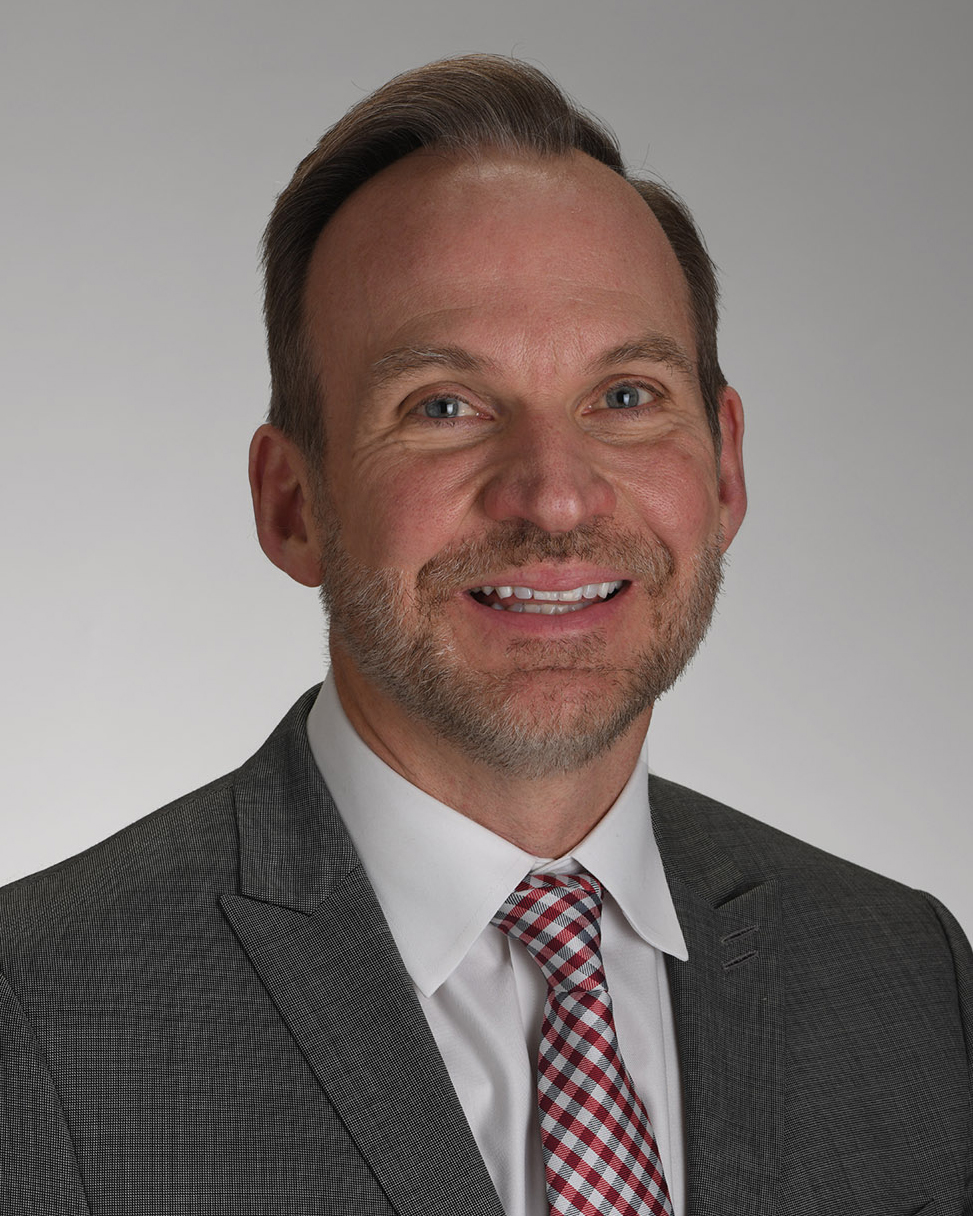Volunteer Uses Patience and Teamwork to Write Fair and Relevant Exam Questions
By Rodney Campbell, ABR Communications Manager
2024;17(1):7

Several months of writing ABR qualifying exam questions for radiation oncology candidates has been an educational experience for John Einck, MD.
“It’s been a while since I took my ABR exam,” said Dr. Einck, who earned his certification in 1996. “When I was asked to write questions for the exam, I thought I was going to come up with brilliant questions and really test these residents’ knowledge of the field. When it came time to review my questions in committee, they all had to be changed.”
There’s a learning curve associated with serving as an ABR volunteer. Dr. Einck, who started developing genitourinary (GU) questions for the qualifying exam this past June, feels more comfortable now after attending four virtual meetings covering approximately 10 hours with his fellow committee members.
One thing is for certain: Writing effective exam questions requires patience and teamwork.
“It was fun to see what some of the other question writers had come up with and compare what I had done to theirs,” he said. “At the end of the season of writing for the current exam, I felt proud of the fairness of our questions and the breadth of the knowledge that we were testing these residents over.”
Dr. Einck, a radiation oncologist at the University of Kansas Health System and a professor at the University of Kansas Medical School, appreciates the ABR’s standards for writing fair and relevant questions. He sees those guardrails helping initial certification exams accomplish their goals.
“I love the rules that the ABR has for making sure that the questions are fair,” he said. “Some of us look at some of the rules and think at first glance, ‘Well, that takes the fun out of it. How are we going to come up with hard questions this way?’ But it just assures that we’re testing them over their knowledge, and we don’t unknowingly mislead them into choosing the wrong answer.”
Ronald Chen, MD, the GU committee chair, recruited Dr. Einck to volunteer. The two physicians share the bond of working at the University of Kansas Cancer Center, where Dr. Chen is the department of radiation oncology chair. Dr. Chen also appreciates the fact that Dr. Einck served as residency program director at the University of Washington and the University of California San Diego.
“Dr. Einck is a very experienced GU radiation oncologist who has trained many radiation oncologists in his career as residency program director for two programs,” Dr. Chen said. “He brings tremendous expertise and experience to the committee.”
Dr. Einck’s volunteerism extends beyond his ABR work. He also has been involved with the Radiating Hope Foundation, a nonprofit that provides equipment, training, and education to developing countries.
He served as the foundation’s president for six years during which the group helped install HDR units and taught physicians to do cervical cancer brachytherapy in Nepal and Senegal. The work enabled doctors in those countries to battle what had been the largest cause of cancer deaths among women.
“In the developing world, we’re only given a small number of tools to accomplish a great deal because there’s nobody else there to do it,” Dr. Einck said. “It’s a very satisfying experience.”
Just a few months into his first volunteer stint with the ABR, Dr. Einck is looking ahead to more opportunities to stay involved. Oral examiners, for example, almost always start as question writers. The ABR also constantly needs subject matter experts to develop Online Longitudinal Assessment questions for those participating in Continuing Certification.
“My experience has made me more likely to want to do further volunteer work with the ABR because it doesn’t feel like work,” Dr. Einck said. “It was an enjoyable experience and I looked forward to our calls.”


